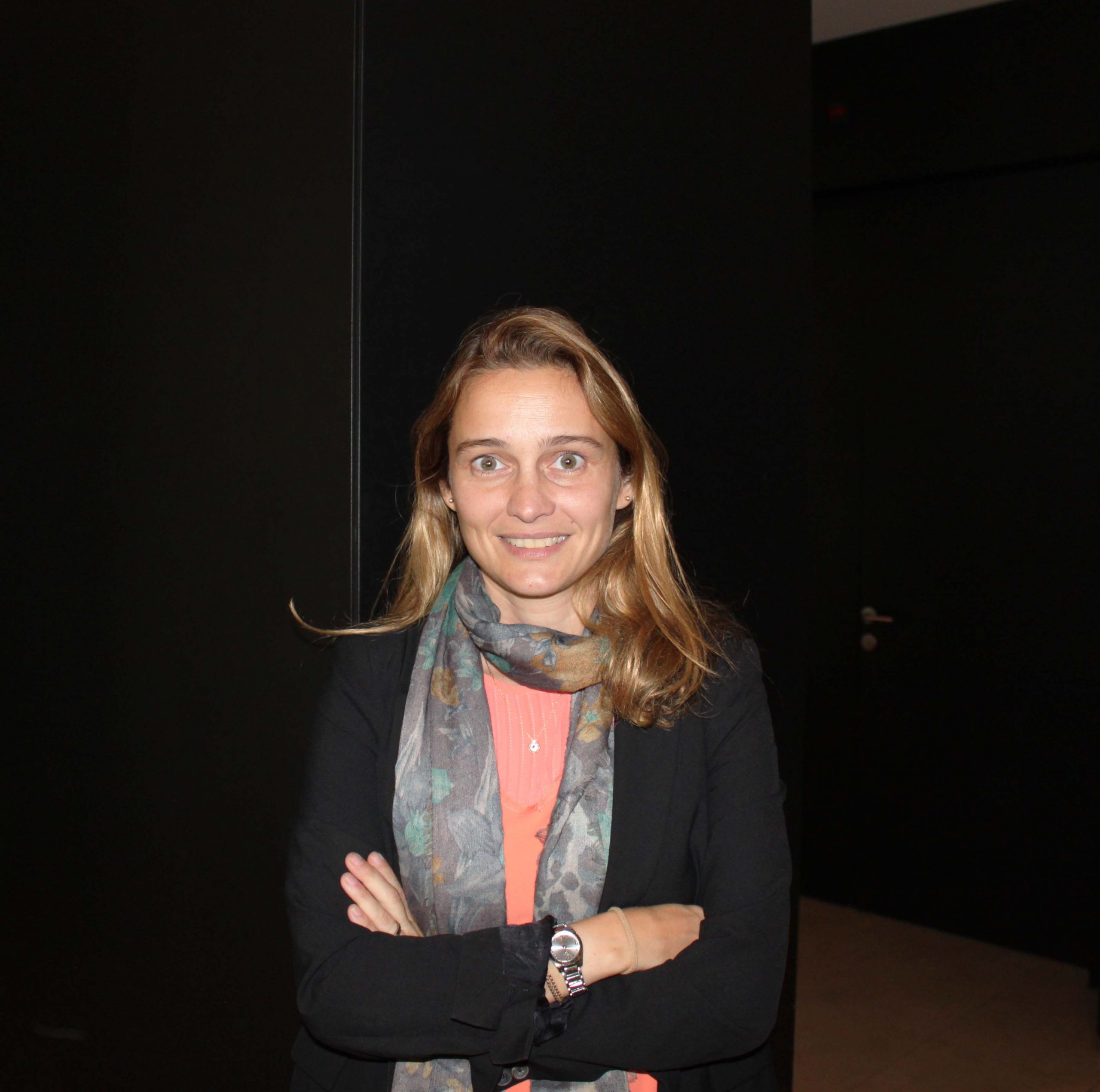Laura Tordera, a civil engineer, is responsible for Ferrovial Agromán's relations with the European Union. As the head of international R&D&I projects, she manages the subsidies the construction company receives from the EU for innovation. Ferrovial is currently participating, together with ten other companies, in the ACCEPT project, an initiative that aims to introduce the use of smart glasses in the construction industry to improve the energy efficiency of buildings and construction processes.
What role does Ferrovial play in this project?
Ferrovial is playing the role of both demonstrator and pilot. With ACCEPT, a series of new technologies will be developed and, at the beginning of the project, our role consists of defining the necessary requirements so that the new applications developed are interesting for real jobs. At the end of the project and when the technology is developed, Ferrovial will be the company in charge of testing them in a real environment. What we want is to develop practical applications that can be used at real jobs.
How have the first months of working in ACCEPT been so far?
We have found that there are a large number of needs and areas to explore in this research project, and this can be either an advantage or a disadvantage. It could be an advantage because, firstly, it has helped us to find areas of improvement in which we can make progress. But it could also be a disadvantage because the project will not be able to cover all these needs, which are also technically very complex.
What kind of needs do you mean?
“Nowadays, there are many processes on a project that are not followed for several reasons. Smart glasses will prevent this and improve the efficiency of each job”
We have found that there are needs in health and safety areas, as well as in the area of acoustic and environmental compliance. The truth is that all kinds of needs have emerged. However, ACCEPT is focused on energy efficiency, so we will focus on these types of needs and solutions. Nevertheless, this has allowed us to think about further developing the project, both internally and externally.
How will the ACCEPT project help to improve energy efficiency?
Nowadays, there are times on a construction site where the protocols that must be followed in construction are not adhered to, either due to the dynamics of the work itself, to specific needs or to failures. A graphic example usually occurs when installing windows, as the external carpentry can lose energy efficiency if the installation protocol is not followed when there are specific characteristics, causing the building to consume more energy to provide the same comfort.
What may cause these installation problems?
“We are currently experiencing a big technological change in construction, which means that in a few years' time, construction will be completely different from what it is today”
As a result of carelessness or other reasons that will eventually affect the quality of the processes. Smart glasses could be a reviewer, telling you what you have to do and whether or not everything is ready for the next agent to enter the job.
Do you think this kind of technology could be a revolution for all the agents involved?
We are currently experiencing a big technological change in construction. Not only for smart glasses. We are also talking about digitalisation, BIM, etc. In a few years' time, construction is going to be completely different from what is it today. We don't know what will happen, but some of the technologies we are beginning to research will become permanent.
What kind of smart glasses will this project use?
For Ferrovial's role as a tester in this project, this information is not too relevant. However, there are prototypes that may be more suitable for a construction site. Wearing the device should allow workers to be able to see the reality and not just the image that the device gives them. Therefore, we believe that we should be moving towards devices that offer both options: reality and virtuality.
What professional profiles will use this type of device? Technicians, project managers, operators...
Essentially, it is thought for both the site manager and the site foreman. They are profiles with a great deal of experience so it's designed with them in mind. It could also be tested on team leaders, depending on how it works. This evolution in technology applied to the construction industry goes hand in hand with an increase in professionals' degrees of training. This is something that is already happening. Professionals at Ferrovial already have a much higher level of training than they did a few years ago because everything is interconnected at the end of the day.
What other research projects is Ferrovial involved in?
We currently have both external projects (externally funded) and internal (in-house) projects that arise from the jobs' needs. We have four independent business units in our company, but we are working with them to investigate issues that cover the entire life cycle of the infrastructure. In this sense, we are working with the use of drones on construction sites and we are testing them for topography. We are very well advanced in this case and we are taking the point cloud out of the construction sites by using these drones.


